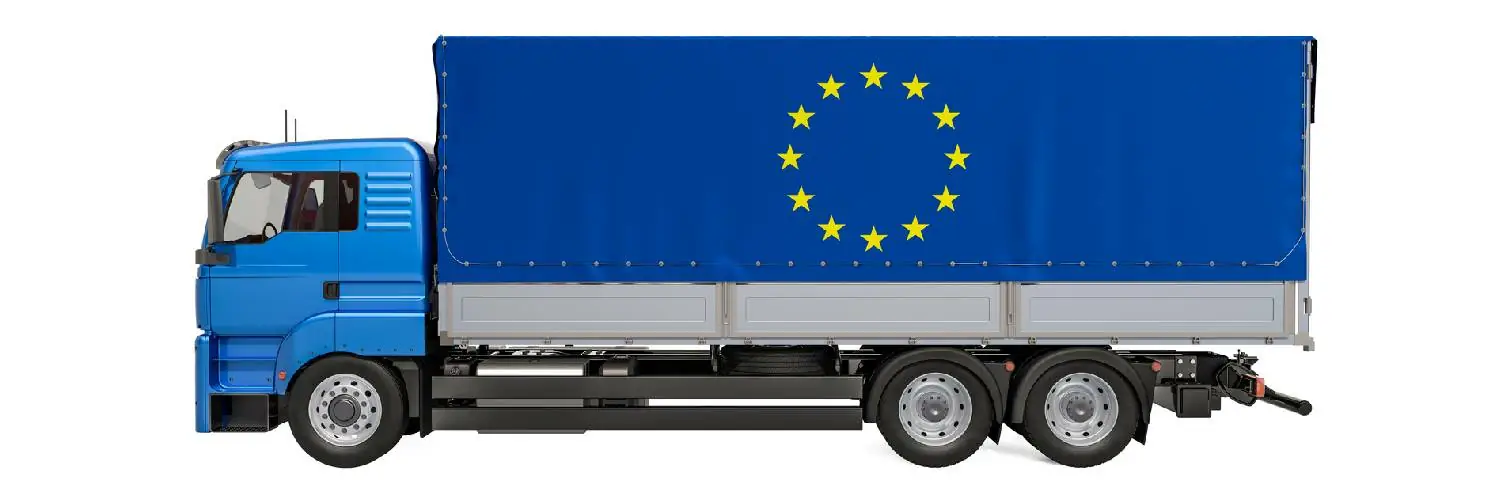Cabotage, what is it?
People in the haulage industry will probably be aware of the term cabotage more than the layperson. Generally, perhaps put very simply, cabotage is the movement of freight on home soil by trucks which are registered outside the country in which the movement occurs. Historically, it referred to shipping but today it is generally accepted as referring to road haulage. The article in The Guardian explains it as “if a Polish HGV brought goods to the UK and unloaded them, before subsequently collecting a new load in Newcastle that was transported to London, the second journey would be a cabotage leg.”.
Why it’s in the news
In the last two news articles we highlighted the delivery shortages due to the lack of qualified drivers available and also the impact on supply chains particularly leading up to, perhaps the busiest delivery period, Christmas. However, we also published a news article almost two years ago relating to the problems that were envisaged ‘The Latest Brexit Challenge For The UK Logistics Sector: Falling Migration’ which quoted from the article ‘Declining EU net migration hits the logistics sector : Tuesday 22 October 2019’. So it could be suggested that the problem is not one that can be solely placed on the pandemic, although that will have had an impact.
With fuel shortages last month highlighting the issues that were potentially on the way to other areas of the supply chain, the government faced further pressure to ease immigration rules, even if only as an emergency measure to help attract Heavy Goods Vehicle (HGV) drivers from overseas, particularly as the industry has been warning that 100,000 more drivers were needed to make good the shortfall. The outcome of the September shortages meant that this month, the government announced that there would temporarily be a change to cabotage rules with the main aim to prevent shortages in the lead up to Christmas.
As part of the Brexit deal, EU transport companies are limited to two cabotage legs in the UK after a trip that carries a load. The government’s decision to allow foreign-registered lorries to no longer be restricted to two legs but allow them to carry out an unlimited number of cabotage trips within the UK over a two week period could be seen as reversing a rule to pre-Brexit levels.
5000 visas for foreign drivers
Grant Shapps, for the government, introduced an emergency offer of employment to foreign drivers with the aim to avoid empty shelves in the run-up to Christmas. Although it was introduced a few weeks ago, it has not been as successful as the government would have liked. A few weeks after implementation, the figures were given as 300 applications and only 20 processed. This means, according to a senior minister, only 20 UK visas have been issued to HGV drivers from abroad. As this is not the desired outcome, the government announced a temporary change to the Brexit agreed ‘cabotage’ rules, primarily to prevent shortages in the run-up to Christmas.
Comment from Logistics UK on government HGV driver visa scheme.
Cabotage benefits
For the haulage industry it means less time where a truck is empty or driving with a reduced load. If these are overseas haulage companies, we may benefit from easing the pressure on the supply chains within the UK and it is good for the foreign industry but it is argued to be detrimental to the UK’s own industry. One of the worries for UK based haulage companies is that the rules change don’t seem to be reciprocated and UK hauliers can carry out cabotage and cross-trade jobs but still limited to two. The rule change is also seen to give foreign companies an unfair advantage in being able to undercut UK companies. Some in the trade also argue that the move undermines the work being done to improve pay and conditions for lorry drivers here in the UK.
Is cabotage just for Christmas?
Logistics UK, which is one of the biggest business groups in the UK for efficient logistics, said the measures must be time-limited, to help with the driver shortages while more British drivers are recruited, trained and tested.
It’s quite possible that the cabotage rule change may be just for Christmas but if the supply chains don’t improve and the shortage of drivers continues in the new year, it may be something the government sees as a success and continue just a little bit longer. We will have to wait and see.
If yours is one of the businesses that peaks at Christmas for deliveries and you’re interested to learn more on how we can help at Same Day Couriers Direct during this period, just get in touch with our friendly and helpful team on 0333 772 1010 or use our contact form.
